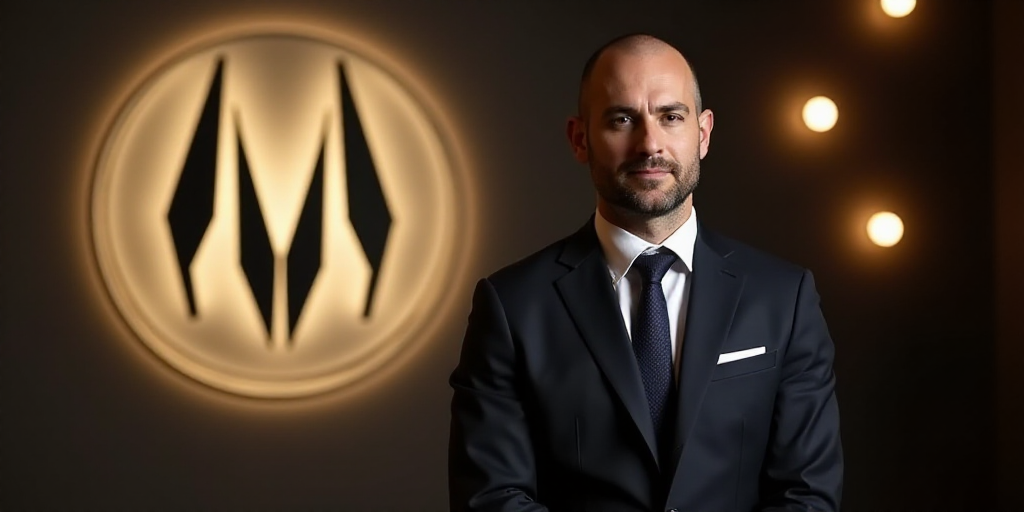Background on Matthias Berninger and His Relevance
Matthias Berninger, the Executive Vice President of Public Affairs, Science and Sustainability at Bayer, is a prominent figure in addressing climate change risks for businesses. With a background as a legislator for the German Green Party and Vice Minister in the German government, Berninger brings a wealth of experience to his current role at Bayer since 2019.
Climate Change Risks and the Agricultural Sector
Berninger emphasizes that companies, especially those in the agricultural sector, cannot afford to ignore climate change risks. He explains that rising temperatures and shifting rainfall patterns are already disrupting food production, putting these businesses at significant risk. He stresses that there’s no time to waste: “These risks are not disappearing; they’re only getting worse due to poor decision-making.”
Bayer’s Unique Approach to Climate Change
Unlike the pharmaceutical sector, where climate change may not pose an immediate threat, agriculture requires sustainability to be at the core of Bayer’s business. Berninger explains, “In agriculture, you simply can’t avoid sustainability. It’s where the biggest threats and opportunities lie, and I firmly believe that tackling sustainability issues is a lucrative business.”
Climate Change Impacts on Other Sectors
Although climate change may not directly threaten the pharmaceutical industry in the same way, extreme heat still presents challenges. Berninger notes that rising temperatures contribute to cardiovascular and renal issues, requiring the industry to help people maintain a better quality of life under these new climate conditions.
Global Perspective on Sustainability
Berninger highlights that sustainability is not exclusive to any geographical region. He points out that companies from China, for example, are leading in sustainability efforts. He also mentions that some large corporations have abandoned their sustainability frameworks due to investor pressure.
Evolution of Sustainability Roles in Business
Over the past two decades, Berninger observes that the role of sustainability directors or vice presidents has evolved. Initially, these positions were created to address external pressures from society, environmental groups, and governments. Now, their focus has shifted towards developing new business models.
Key Challenges and Opportunities for Businesses
Berninger outlines that businesses face various challenges and opportunities related to climate change, including mitigation, adaptation, energy efficiency in production and consumption, and the growing electricity demand driven by artificial intelligence.
Global Responsibility and Communication
In discussing humanity’s role in addressing climate change, Berninger emphasizes the importance of understanding opposing viewpoints and effective communication. He quotes Mark Twain, stating, “It’s not what you don’t know that gets you into trouble. It’s what you think you know that just ain’t so.” Berninger argues that we must unlearn certain assumptions and adapt to a new paradigm, acknowledging that most leaders have only known the post-Cold War world and must now adjust to a new reality.
Key Questions and Answers
- What are the main risks for businesses due to climate change? Companies, especially those in agriculture, face significant risks from rising temperatures and changing rainfall patterns that disrupt food production.
- How has Bayer’s approach to sustainability evolved? Initially focused on addressing external pressures, Bayer’s sustainability efforts now prioritize developing new business models.
- Which sectors are most affected by climate change, aside from agriculture? While agriculture faces immediate threats, other sectors like pharmaceuticals also experience challenges due to extreme heat and the growing electricity demand for AI.
- What is the global perspective on sustainability? Sustainability is a universal concern, with companies from various regions, including China, leading the way.
- What is the role of communication and understanding in addressing climate change? Effective communication, empathy for opposing viewpoints, and unlearning misconceptions are crucial in adapting to the new climate change paradigm.






